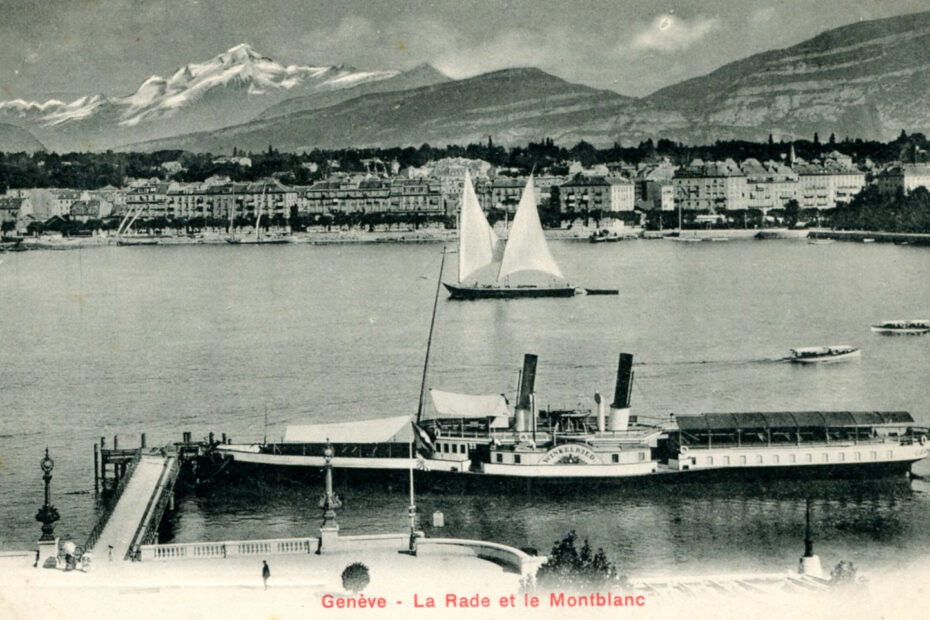The fight over the Directive on Copyright in the Digital Single Market has highlighted that European copyright rules affect the operation of Wikipedia and other free knowledge projects. The global-level regulatory framework is equally important, and that fight takes place in Geneva, at the World Intellectual Property Organization (WIPO). This is why Wikimedia Deutschland and the Free Knowledge Advocacy Group are committed to increasing transparency around WIPO negotiations on international copyright law, and shaping WIPO-level policy outcomes. This blog post is the prelude to an introductory series into the topic.
WIPO: What it is and why it matters
Intellectual property law is often considered an arcane matter, which is best left to lawyers. However, intellectual property law in general and copyright in particular have enormous economic and social implications, as they govern access to knowledge. Copyright specifically determines under what conditions creative works, such as textbooks and other educational materials as well as large portions of the world’s cultural heritage, can be accessed and used. This also applies to how users may incorporate sources and illustrations on Wikipedia, Wikimedia Commons, Wikidata, etc.
WIPO is the main international forum to negotiate not just new rules in copyright, but in all areas of intellectual property law, including in patent, trademark, and industrial design law. Despite its importance, WIPO is only known to an expert audience. It is one of 17 UN specialized agencies and has one of the longest histories of all international organizations. The Berne Convention, which continues to be the central treaty in international copyright law, dates back to 1886. The initial members of the Berne Convention and its sister agreement on patents, the Paris Convention, created a secretariat to administer the two treaties in 1893, which later became WIPO.
User rights in international copyright
International rulemaking on copyright has been dominated by rightholders until recently. User rights have only come onto the agenda of the Standing Committee on Copyright and Related Rights in the mid-2000s. In 2013, a coalition of civil society organizations and developing countries achieved its biggest success yet, the Marrakesh Treaty to Facilitate Access to Published Works for Persons Who Are Blind, Visually Impaired or Otherwise Print Disabled. The Marrakesh Treaty is the first treaty to focus on limitations and exceptions to copyright instead of new standards of protection. It will greatly improve access to knowledge for persons with print disabilities. Yet this is not the only area where improvements are needed. A second blog post will address our asks and the status of the debate at WIPO.
Doors shut for Wikimedia?
WIPO is generally open to civil society organizations. Non-governmental observers may participate in sessions of the Standing Committee on Copyright and Related Rights and other meetings. While observers do not have voting rights, they may make statements. Historically, collective management organizations, rightholders and other business associations have been the most active stakeholders at WIPO. However, civil society organizations, including library associations, teachers’ unions, and consumer rights organizations, have played a more active role since the Marrakesh negotiations.
Unfortunately, the Wikimedia Foundation’s application to be admitted as an observer to WIPO has been blocked by China in 2020. A third blog post will provide more background information on our struggle for accreditation at WIPO.
WIPO in the time of COVID
In non-pandemic times, representatives from up to 193 countries meet in Geneva twice a year to discuss international copyright law at WIPO. Due to the COVID-19 pandemic, WIPO meetings have taken place in a remote format. Member states have agreed to not negotiate substantially during that time. This is understandable given that many countries in the Global South may not participate on equal footing with their northern counterparts due to bandwidth restrictions. However, this has also limited WIPO’s capacity to react meaningfully to this emergency. International copyright law and many national copyright laws are still not adapted to the digital environment, creating barriers for distance education. A fourth installment of this series will address civil society’s push for an emergency declaration to facilitate digital uses in the context of the pandemic.









